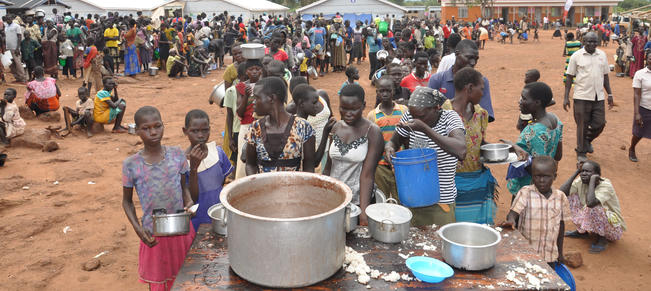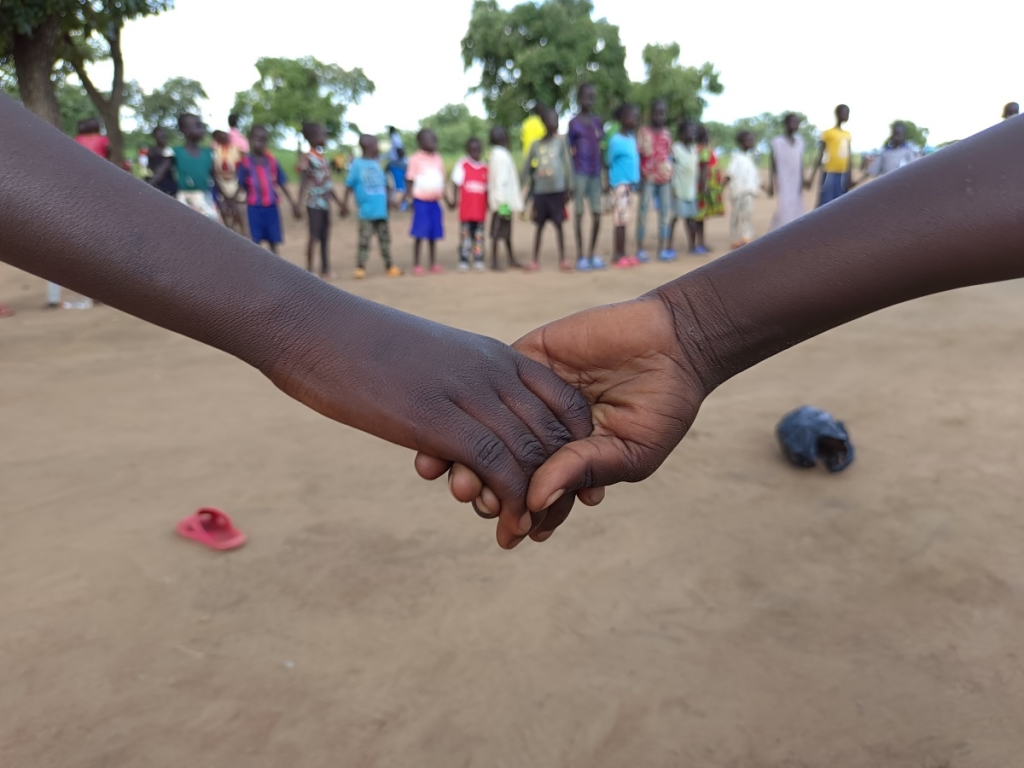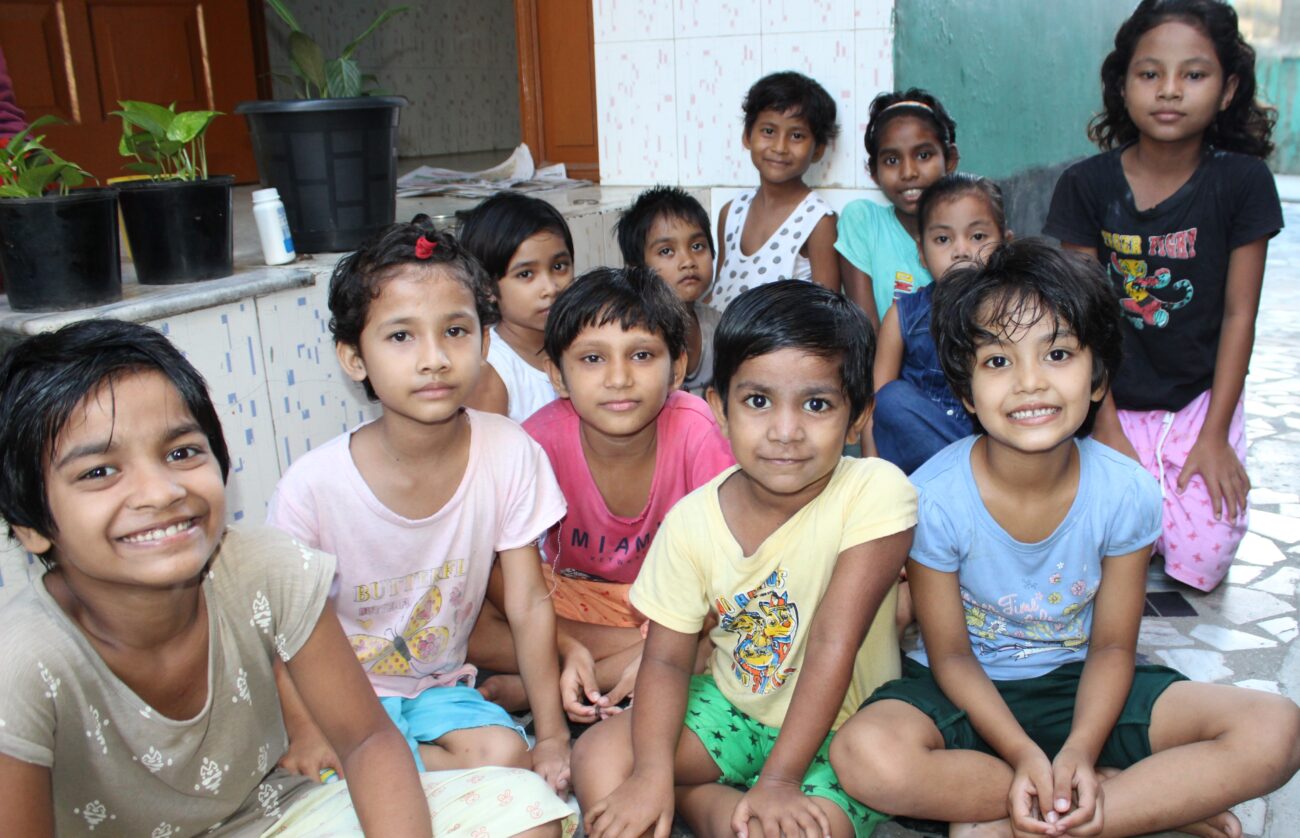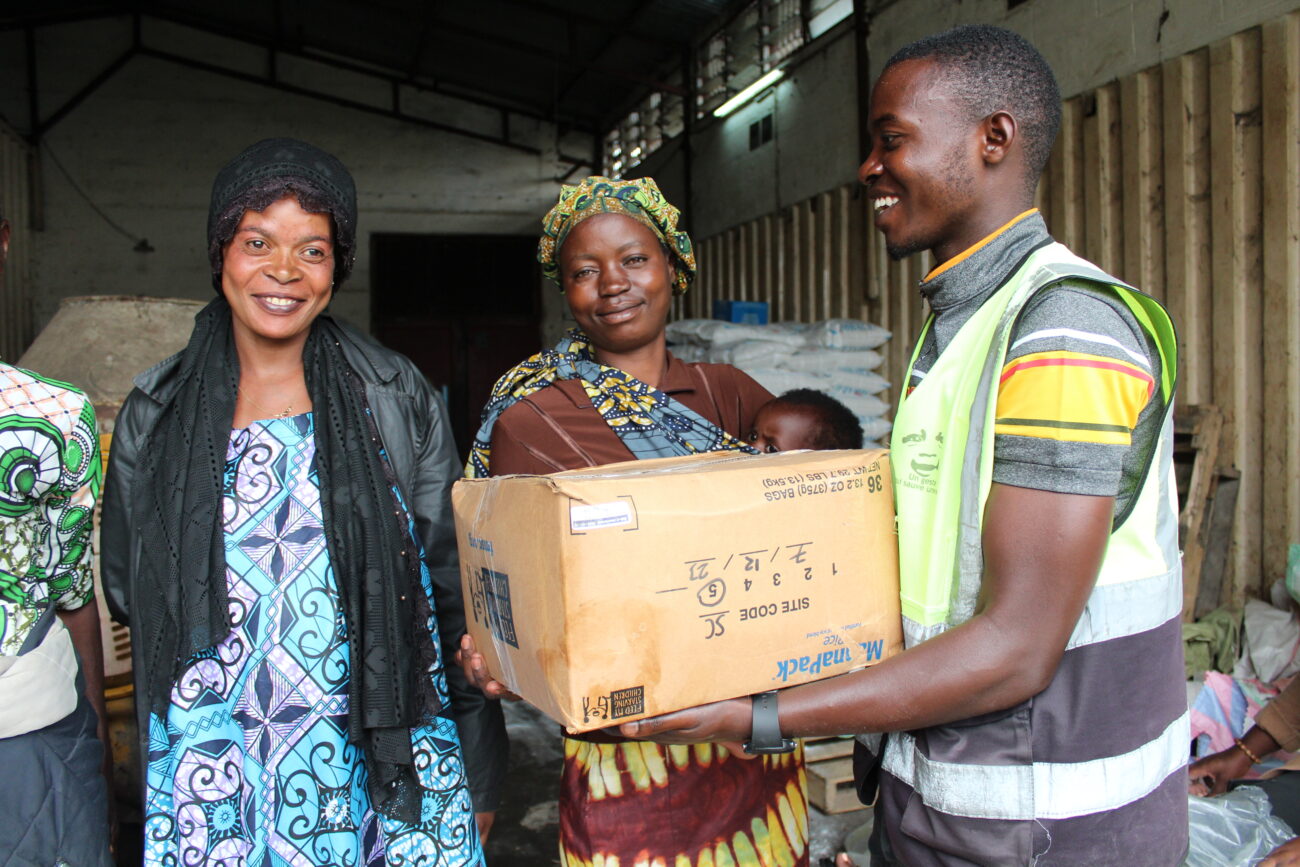GLOBAL: Salesian Missionaries Provide Shelter, Education and Support to Refugees and Migrants Around the Globe

(MissionNewswire) Salesian missionaries continue their work around the globe with migrants and refugees who seek a better life and hope for the future. Missionaries are assisting close to 400,000 refugees and internally displaced persons whose lives have been affected by war, persecution, famine and natural disasters such as floods, droughts and earthquakes. Salesian programs provide refugees and migrants much needed education and technical skills training, workforce development, healthcare and nutrition.
In a 2015 report, the United Nations Refugee Agency (UNHCR) noted that 63.5 million people worldwide were displaced from their home countries, the highest number ever even surpassing those displaced after World War II. In addition, the United Nations reported that the number of international migrants — persons living in a country other than where they were born — reached 244 million in 2015, a 41 percent increase compared to 2000. This figure includes almost 20 million refugees.
“We are facing the biggest refugee and displacement crisis of our time. And, above all, this is not only a crisis of numbers; it is also a crisis of solidarity,” stated Ban Ki-moon, former General Secretary of the United Nations, in a statement in April 2016 at an event on the global displacement challenge.
From countries in the Middle East and Africa to Europe and Central America, Salesian missionaries are on the front lines of the refugee and migrant crisis faced today. In several cities, Salesian missionaries are working to address the challenges and needs faced by migrants and refugees who sought shelter and safety in Europe, which is experiencing a maritime refugee crisis of historic proportions, according to UNHCR. By the end of 2015, more than 300,000 refugees and migrants crossed the Mediterranean Sea on their way to Europe. Syrian refugees make up the single largest group followed by refugees from Eritrea and Afghanistan. High numbers of refugees from Somalia, Iraq and Sudan who are in need of international protection are also arriving in Europe.
In Madrid, Spain, Salesian missionaries have developed programs across the country to assist Syrian refugees and young migrants seeking services. Missionaries are working with local governments and other social programs to respond to the crisis. Salesian missionaries who have previous experience working with young migrants have started additional Salesian programs that will address the needs of today’s youth. Many of the new programs focus on meeting the immediate needs of newly-arrived migrants and go on to address the need for education and employment. Missionaries are also working with local schools to help assimilate children from refugee families into classrooms. Salesian missionaries are also providing these programs in cities across Germany and Italy.
Salesian missionaries are particularly focused on the challenges facing Central America, where the number of unaccompanied minors leaving El Salvador, Guatemala and Honduras and seeking entrance in the United States peaked in 2014 and still continues today. The situation has become even more tenuous with the recent U.S. president’s decision to build a wall on the Mexico-U.S. border. In a Radio Vatican address, reacting to the executive orders to build the wall, Bishop Joe Vasquez, Chair of the Committee of Migration and Bishop of the Diocese of Austin, Texas, points out that its construction “will only make migrants, especially vulnerable women and children, more susceptible to traffickers and smugglers.”
The work of Salesian missionaries is two-fold. Salesian programs help integrate young migrants in their new homes through language and vocation training and workforce development services.They also work to address the root causes of migration in countries that see high rates of youth migrating from them to seek a better life elsewhere.
Since 1987, the Salesian-run Tijuana Project has been providing services to migrants and poor youth living on the border between Mexico and the United States. The goal of the project is to create an extensive educational network in areas where poor youth are at risk of social exclusion. The project took shape through Salesian oratories and educational centers where children grow up learning to share faith, culture and sports within their communities. Currently, the Tijuana Project is serving more than 9,000 people in six Salesian oratories, a parish and a public dining hall which serves food to close to a thousand homeless and migrant people every day. The entire project is facilitated by six Salesian missionaries with the help of volunteers, local collaborators and benefactors in both Mexico and the United States.
“When I think about the tens of thousands of unaccompanied minors that risked their lives in recent years to flee countries in Central America, I try to envision what conditions must have been like for them to make such risky journeys. It is almost beyond imaginable, especially once you hear some of the heartbreaking stories,” explains Father Mark Hyde, executive director of Salesian Missions, the U.S development arm of the Salesians of Don Bosco. “It is the conditions in their home countries that motivate the decision to migrate. The root cause of the problem is not people simply deciding they want to go to the United States. The root cause is violence. It is government corruption. It is a fear for their lives or the safety of their families. They have no choice.”
Fr. Hyde notes that by looking at the example of Costa Rica, it is clear that when there is a safe environment and better economic conditions people do not need to leave their country.
“Supporting programs within these poor and struggling countries is part of the solution to the migration challenge. If funding and resources are diverted, this will exacerbate the situation. If we work on the reasons people are forced to leave their countries, it will decrease the need for measures at the U.S. border. Prevention is always a better investment,” adds Fr. Hyde.
Salesian missionaries are working on prevention right now. In El Salvador, missionaries are providing STEM education to girls. In Guatemala, they are housing and educating young orphans, and in Honduras, they are providing young people with a safe place away from the crime-ridden streets. In all Central American counties — and around the globe — Salesian programs are working to end the cycle of extreme poverty by offering pathways to self-sufficiency. They are providing hope through education and opportunity.
###
Sources:
ANS – “Brethren Refugees: Forgive the Obstinacy and Indifference of our Societies”
Radio Vatican – US Bishops decry Trump’s orders to construct wall on border
UNHCR – Global Trends Forced Displacement 2015
United Nations – 244 million international migrants living abroad worldwide, new UN statistics reveal
United Nations – Refugee Crisis about Solidarity, Not Just Numbers, Secretary-General Says at Event on Global Displacement Challenge




